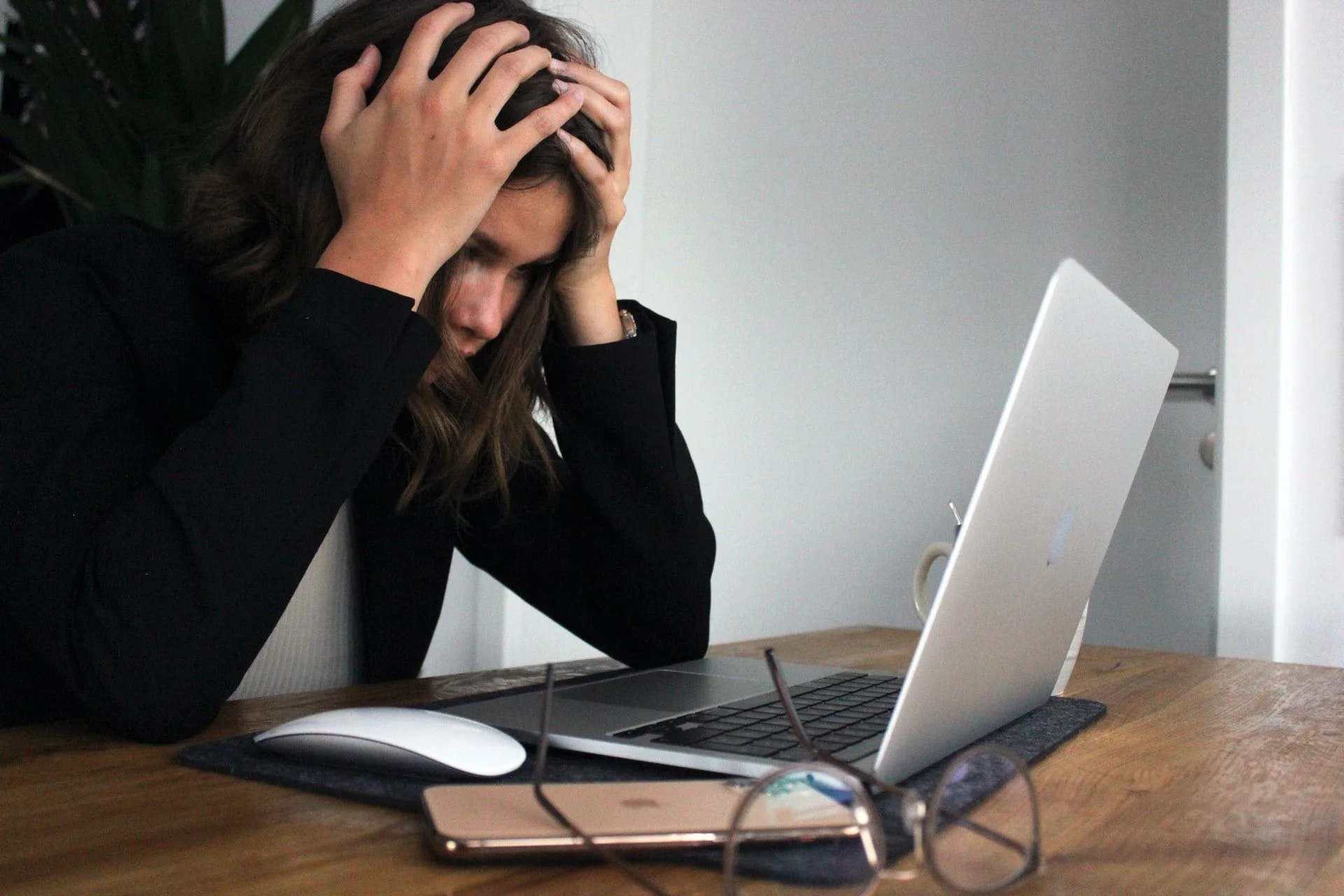Stress is, however unfortunate it might be, a part of our lives as humans. Since the rise of Covid-19, stress has become an even more prominent part of our lives as we all struggle to adjust to change. Managing this stress is vital when it comes to survival and our physical, mental, and emotional health. But why does change get us so worked up? Why, after all these years, are humans still so inept at dealing with stress?
What is stress?
There are many causes of stress, and it affects all people in different ways. All kinds of stress can have a negative impact on your mental health. In fact, “people affected by work-related stress lose an average of 24 days of work due to ill health”.
 Even more bizarrely, it doesn’t seem to matter whether the change in question is positive or negative. Positive life changes such as getting a promotion or even getting married can cause stress.
Even more bizarrely, it doesn’t seem to matter whether the change in question is positive or negative. Positive life changes such as getting a promotion or even getting married can cause stress.
When people are stressed as a result of the change, they tend to keep it to themselves. This is mostly because of how difficult it is to express. After all, everything seems to be going well and maybe even improving, but it’s still causing you stress. What can you possibly tell your friends or family? There doesn’t seem to be any good or reasonable explanation for why you’re stressed.
What are the signs and symptoms of stress?
- Feeling anxious
- Feeling afraid
- Anger or feeling aggressive
- Irritability
- Depression
- Feelings of frustration
How does stress affect us?
When we are under stress, especially immense stress, our bodies react negatively. Increased stress causes the release of chemicals and hormones, such as cortisol and adrenaline. In an ideal world, once the body senses that the perceived threat is no longer there. Or, alternatively, that there was no reason for the stress trigger in the first place, everything goes back to normal.
Unfortunately, our brains actually can’t differentiate between “immediate physical threat and stress due to life changes”. This results in chemicals like cortisol staying in the body for an extended period of time which can cause harm in the long term.

Photo by Nataliya Vaitkevich from Pexels
In general, the stress we feel as a result of the change is down to our pre-programming as humans. Historically, change wasn’t a good thing for us as a species. For instance, if everything was previously quiet, and then you hear a noise, it puts you on edge. This is because, deep inside our brains, a reaction is triggered.
This trigger acts like a tripwire and allows us to adjust our behavior quickly depending on whether we are able to handle the situation. If, for instance, a man with a knife comes out from behind a bush, we are triggered to either fight or run (the fight or flight reaction).
This reaction when we can’t deal with the immediate situation facing us is commonly known as a stress reaction. This reaction is both physiological and psychological.
Physiologically, adrenaline is released into the bloodstream and our heart rate increases. Psychologically, we experience anxiety and fear. All of this prepares us for the worst, and we are, thus, more prepared to make a successful escape.
According to Love to Know, stress can trigger:
- Poor immune function
- Insomnia
- Anxiety
- Muscle tension and pain
- High blood pressure
- Heart disease
- Obesity
- Depression
But what is it that makes change so stressful?
Change isn’t always bad. But it seems, to the human brain at least, it doesn’t matter whether the change is positive or negative. Either way, life changes seem to cause a lot of stress. The real question is why this is the case.
Licensed marriage and family therapist Tiana Leeds, M.A., LMFT, told MindBodyGreen that the main reason behind this is having to leave our comfort zone. It is the fact that we are forced to move beyond what we consider comfortable that really scares us.
In order to successfully deal with change, we have to change our routines and are no longer able to resort to “default.”
Making these changes can put us on edge and ultimately, cause us a lot of stress. The other issue is that change results in uncertainty. This is another thing we, as humans, aren’t too fond of. There are also two distinct reactions to change: passive (avoidant) and active (opposing). So, change leads to stress, but that stress doesn’t always lead to resistance.
So, what can we do to make life changes less stressful?
Leeds says that although our bodies are preprogrammed to act up in stressful situations, there are ways to help manage the situation; she recommends:
- Give yourself time and lower your expectations of yourself
- When you are struggling, ask for help. There is no need to suffer in silence and just talking to someone about what it is that is making you stressed could help to alleviate some of the pressure.
- Create new, healthier routines that work for you. Routine is ultimately what we tend to fall back on and can give us a sense of stability.
- Don’t let the stress build up into something unmanageable. Whether you take up a new hobby, meditate or go to the gym, it doesn’t matter. Make sure that you are able to find ways to cope when you are feeling overwhelmed.
- Changing your diet to add stress combatting foods can be helpful. Taking specific supplements has also been known to tame cortisol levels.
References
https://stress.lovetoknow.com/Stress_Associated_with_Change
https://www.5forcesofchange.com/2015/11/30/change-stressful/






![women [longevity live]](https://longevitylive.com/wp-content/uploads/2020/01/photo-of-women-walking-down-the-street-1116984-100x100.jpg)









